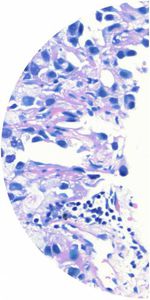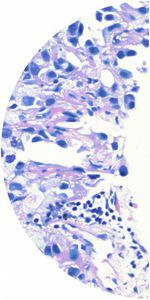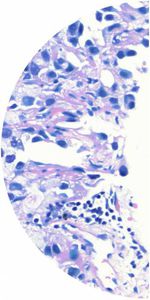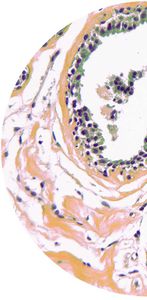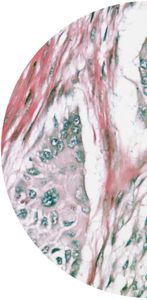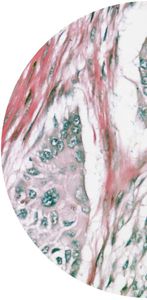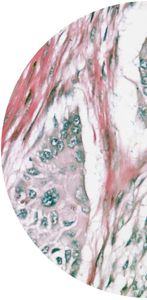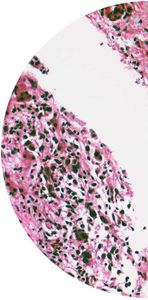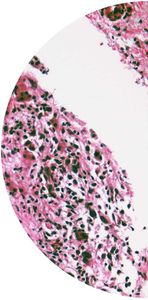
Cervical cancer test kit GYNOCAN™for ovarian cancerfor uterine cancerfor vaginal cancer
Add to favorites
Compare this product
fo_shop_gate_exact_title
Characteristics
- Applications
- for cervical cancer, for ovarian cancer, for uterine cancer, for vaginal cancer, for vulvar cancer
- Application field
- oncology, for precision medicine
- Tested parameter
- BRCA1 gene, BRCA2 gene, dMMR, MSI
- Sample type
- plasma, FFPE tissues, liquid biopsy
Description
Breast cancer is one of the most common types of cancer affecting women, followed by gynecologic cancers, including ovarian, endometrial/uterine, cervical, vulvar and vaginal cancer. Although surgery, radiation, endocrine treatment and chemotherapy are currently major treatment regimens for these cancers, targeted therapy (e.g. HER2 antibodies and PARP inhibitors) and immunotherapy are emerging options for subsets of eligible patients. Some women with breast cancer may also be at risk for developing other cancers, including ovarian cancer, especially when carrying a germline mutation of the BRCA gene. Therefore, comprehensive genetic testing is beneficial for breast and gynecologic cancer patients seeking precision medicine and to evaluate their genetic predisposition to other cancer types.
Targets 70 key genes in gynecologic cancers
Cancer types: ovarian, endometrial/uterine, cervical, vulvar and vaginal cancer
Assesses key genes including BRCA1/2 to predict response to PARP inhibitors
Evaluates microsatellite instabilities (MSI) and mismatch repair deficiency (dMMR) to better inform immunotherapy decisions
Predicts efficacy and toxicity of chemotherapy based on associated genetic biomarkers
Assesses genetic predisposition to cancers
Optional PD-L1 immunohistochemistry (IHC) test to better guide immunotherapy decisions for advanced cervical cancer patients
WHO IS IT FOR
Gynecologic cancer patients seeking precision medicine
Gynecologic cancer patients resistant to chemotherapy or targeted therapy
SAMPLE TYPES
Tumor tissue (FFPE block/slides, or frozen tissue)
Fine needle biopsy
Liquid biopsy (plasma and others)
Catalogs
No catalogs are available for this product.
See all of Geneseeq‘s catalogsRelated Searches
- Assay kit
- Blood assay kit
- Plasma assay kit
- Molecular test kit
- Oncology test kit
- Tissue detection kit
- Genetic test kit
- Oncology test kit
- Genetic mutation detection kit
- FFPE tissues assay kit
- Cerebral test kit
- BRAF gene test kit
- Colorectal cancer test kit
- Lung cancer detection kit
- Genomic test kit
- Genomic DNA detection kit
- BRAF mutation detection kit
- NGS sequencing assay kit
- KRAS mutation detection kit
- Bone marrow assay kit
*Prices are pre-tax. They exclude delivery charges and customs duties and do not include additional charges for installation or activation options. Prices are indicative only and may vary by country, with changes to the cost of raw materials and exchange rates.


